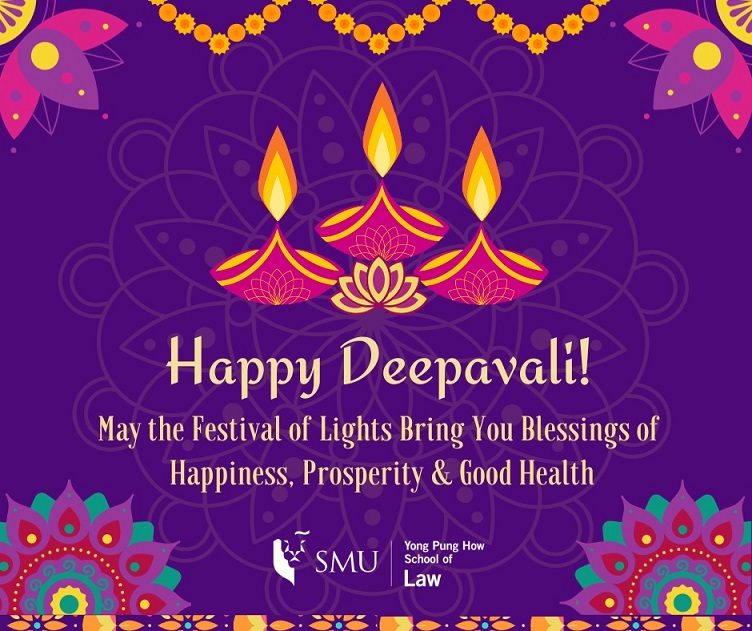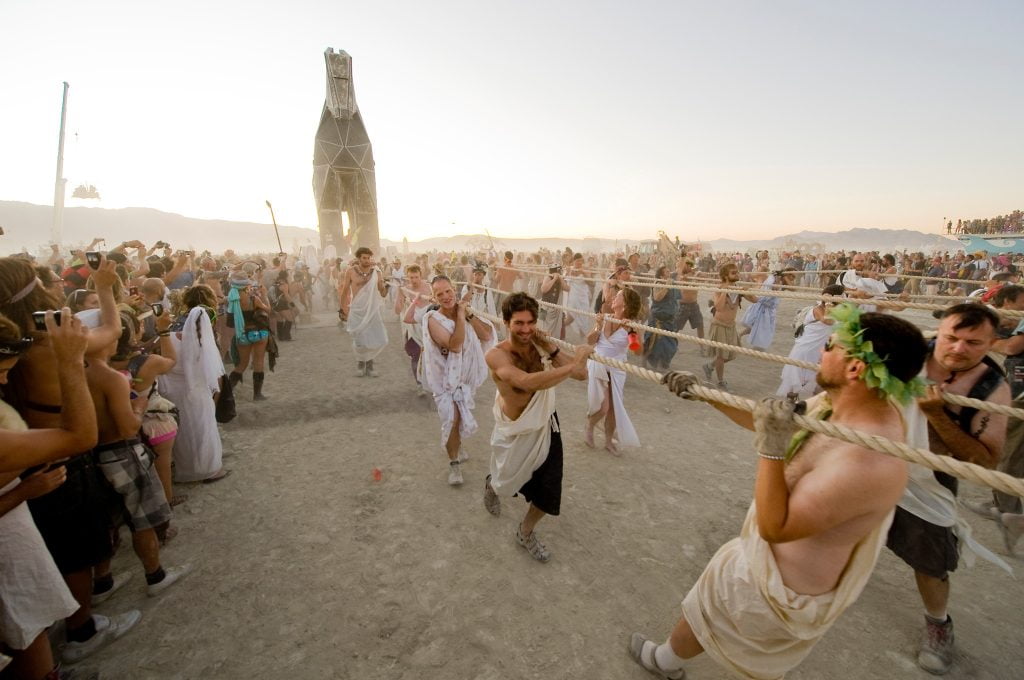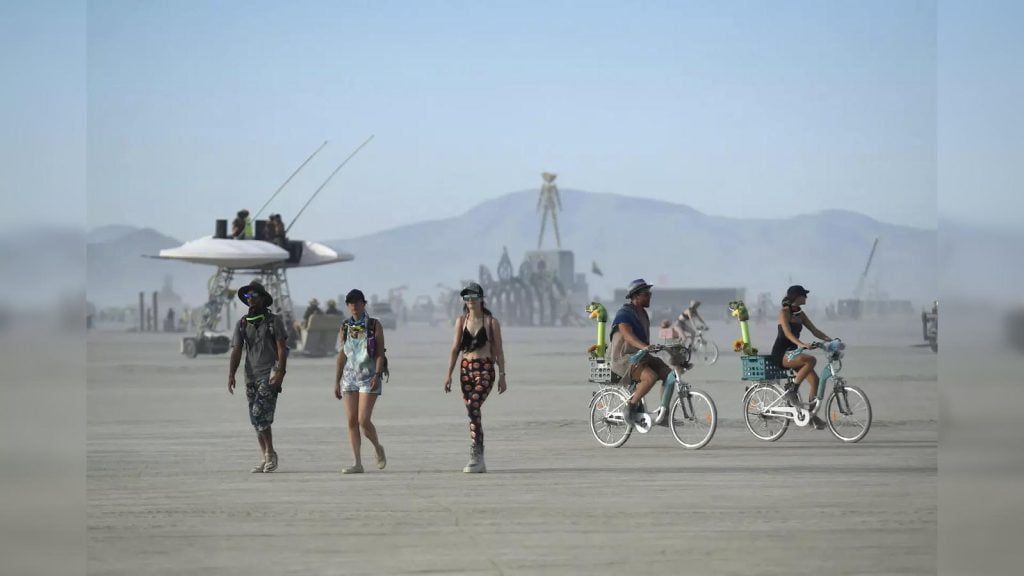Diwali, also known as the Festival of Lights, holds significant cultural and spiritual importance in the Indian tradition. But what is the Diwali festival exactly? It is a joyous celebration that symbolizes the victory of light over darkness and good over evil. During Diwali, people illuminate their homes with clay lamps, burst firecrackers, exchange gifts, and share festive meals with loved ones. The festival also holds religious significance for Hindus, Jains, Sikhs, and Buddhists, each community celebrating it for its unique reasons. Join us on a journey to unravel the magic and meaning behind the centuries-old celebration of Diwali.
Nutan Varsh Abhinandan Tuesday 13 November marks Hindu New Year for the Indian state of Gujarat and surrounding regions. A mountain of food called Annakut is displayed at temples as a renewal of faith in god as protector. Happy New Year pic.twitter.com/gMJwuMRkFs
— Diwali in London (@DiwaliLondon) November 14, 2023
Introduction to the Diwali Festival
Diwali, also known as the Festival of Lights, is one of the most significant festivals in Hinduism, and it is celebrated with great zeal and enthusiasm.
Significance of Diwali
Diwali signifies the victory of light over darkness and good over evil. It marks the return of Lord Rama to Ayodhya after defeating Ravana.
The festival also symbolizes the start of a new year, the harvest season, and the renewal of life.
Celebrations and Rituals
During Diwali, homes are decorated with colorful rangoli, diyas (earthen lamps), and lights to welcome Goddess Lakshmi, the goddess of wealth and prosperity.
People burst firecrackers, exchange gifts and sweets, and perform puja to seek blessings for prosperity and well-being.

Historical Significance of Diwali
Diwali, also known as the Festival of Lights, holds immense historical significance in Hindu culture. It symbolizes the spiritual victory of light over darkness and good over evil. The celebration dates back to ancient times, marking various mythological events and stories.
Legend of Light over Darkness
One popular legend associated with Diwali is the return of Lord Rama to Ayodhya after 14 years of exile and his victory over the demon king Ravana. The people of Ayodhya illuminated the city with diyas (oil lamps) to welcome Rama and celebrate his triumph.
Diwali today symbolizes the inner light that protects from spiritual darkness, signifying a time for self-reflection and the renewal of inner light.
Various Regional Celebrations
Across India and around the world, Diwali is celebrated in diverse ways. While in Northern India, it honors the victory of Rama, in Southern India, it commemorates the defeat of the demon Narakasura by Lord Krishna.
- Decorating homes with rangoli patterns
- Exchanging gifts and sweets
- Offering prayers to Goddess Lakshmi for prosperity
Symbolism and Traditions of Diwali
Diwali, also known as the Festival of Lights, holds deep symbolic significance in Hindu culture. It signifies the triumph of light over darkness, good over evil, and knowledge over ignorance.
Significance of Lights
During Diwali, lamps and candles are lit to symbolize the inner light that protects from spiritual darkness. It also represents the victory of light over darkness and the spreading of positivity.
Traditional Rangoli Art
Rangoli, colorful patterns made on the floor using colored rice, sand, or flower petals, is a traditional art form during Diwali. It symbolizes welcoming the deities into the home and brings good luck.
Puja and Offerings
During Diwali, families gather to perform puja (prayer) to seek the blessings of Goddess Lakshmi, the goddess of wealth and prosperity. Offerings of sweets, fruits, and flowers are made to the deities.
Diwali Celebrations Around the World
Diwali, also known as the Festival of Lights, is celebrated by millions of people around the world to commemorate the victory of light over darkness and good over evil. During this festival, people decorate their homes with clay lamps, known as diyas, light fireworks, and share sweets with family and friends.
Celebrations in India
In India, Diwali is a major festival where people clean and decorate their houses, wear new clothes, exchange gifts, and participate in prayers and rituals. One of the most significant traditions is the lighting of oil lamps and candles to welcome the goddess Lakshmi.
Diwali in the USA
Indian communities in the USA also celebrate Diwali with great enthusiasm. Cities like New York, Chicago, and Los Angeles host grand Diwali events with cultural performances, food stalls, and fireworks displays. The celebrations often bring together people from diverse backgrounds to experience the joy of the festival.
Diwali in the UK
Diwali is celebrated in the UK by the Indian diaspora through traditional rituals, colorful decorations, and community gatherings. London’s Trafalgar Square hosts an annual Diwali festival with dance performances, music, and authentic Indian cuisine, attracting thousands of visitors.
Diwali Rituals and Puja
Diwali, also known as the Festival of Lights, is celebrated with great enthusiasm across India. One of the most important aspects of Diwali is the performance of various rituals and pujas that hold significant cultural and spiritual value.
The Ritual of Lighting Diyas
Lighting diyas is a symbolic gesture to dispel darkness and welcome prosperity into our homes. It signifies the victory of light over darkness.
Performing Lakshmi Puja
One of the central rituals of Diwali is the worship of Goddess Lakshmi, the deity of wealth and prosperity. Devotees offer prayers and seek blessings for a prosperous year ahead.
- Setting up an elaborate altar with idols and offerings
- Reciting hymns and mantras dedicated to Goddess Lakshmi
- Distributing sweets and gifts as a symbol of sharing prosperity
Food and Sweets during Diwali
Diwali, the festival of lights, is also a festival of delicious food and mouth-watering sweets. Families come together to prepare an array of traditional dishes and snacks to celebrate this auspicious occasion.
Traditional Diwali Food
During Diwali, households prepare an assortment of savory dishes such as samosas, pakoras, and aloo tikki. These snacks are enjoyed with tangy chutneys and refreshing lassi.
Diwali Sweets
One cannot imagine Diwali without indulging in mouth-watering mithai like barfi, gulab jamun, and jalebi. These sweets are often exchanged as gifts during the festive season.
Decoration and Lights in Diwali
Diwali, also known as the Festival of Lights, is a time of vibrant decorations and dazzling illuminations that brighten up homes and streets across India. What the Diwali festival revolves around are these decorations, symbolizing the victory of light over darkness and good over evil.
Traditional Diwali Decorations
During Diwali, homes are adorned with intricate rangoli patterns made with colorful powders, diyas (oil lamps), and flowers. These decorations create a welcoming and auspicious ambiance for guests and loved ones.
Additionally, torans (door hangings) made of marigold flowers and mango leaves are hung at entrances to ward off negative energy and invite prosperity.
Lighting Up Diwali
Diwali is synonymous with the twinkling glow of candles, diyas, and colorful lights. Rows of diyas are lit to symbolize the inner light that protects from spiritual darkness.
- LED lights have become popular in recent years due to their energy efficiency and bright hues.
- Firecrackers were traditionally used to drive away evil spirits; however, eco-friendly celebrations are now encouraged to reduce air pollution.
Diwali Gifts and Exchange
During the Diwali festival, gift-giving plays a significant role in reinforcing bonds and spreading joy among loved ones. Exchanging gifts symbolizes goodwill and prosperity for the upcoming year, making it a cherished tradition. It is common to offer sweets, diyas, home decor items, and clothing as Diwali gifts.
Traditional Diwali Gifts
Traditional gifts such as beautiful diyas and delicious sweets are popular choices. Sweets like laddoos and barfis signify the sweetness of relationships, while diyas represent the triumph of light over darkness.
Modern Gift Trends
Modern trends include personalized gifts like customized home decor items or fashion accessories that add a personal touch to the celebration. Exchanging electronic gadgets or gift vouchers has also become popular among younger generations.
- Personalized home decor items
- Fashion accessories
- Electronic gadgets
- Gift vouchers
Impact of Diwali on Communities
Diwali, also known as the Festival of Lights, holds immense significance for various communities across the world. The celebrations during Diwali create a sense of unity and togetherness among people, fostering a spirit of harmony and peace.
Embracing Diversity
During Diwali, people of different religions and backgrounds come together to celebrate the triumph of good over evil. This festival transcends cultural boundaries, promoting inclusivity and understanding.
Communities unite to decorate their homes with rangoli patterns and light diyas to symbolize the victory of light over darkness.
Spreading Joy and Generosity
Diwali encourages acts of kindness and charity within communities. People exchange gifts, sweets, and greetings to strengthen relationships and spread joy.
- Gift exchanges
- Feasting with loved ones
- Donations to the less fortunate
Frequently Asked Questions
- What is Diwali?
- Diwali, also known as the Festival of Lights, is a significant Hindu festival celebrated by millions of people around the world.
- When is Diwali celebrated?
- Diwali usually falls between mid-October and mid-November and is determined by the lunar calendar.
- Why is Diwali celebrated?
- Diwali celebrates the victory of light over darkness, good over evil, and knowledge over ignorance.
- How is Diwali traditionally celebrated?
- Diwali is celebrated by decorating homes with lights, exchanging gifts, preparing special meals, and lighting fireworks.
- Are there any specific rituals associated with Diwali?
- Yes, there are several rituals, such as performing puja (worship), lighting diyas (oil lamps), and creating rangoli (decorative designs).
- What are some common sweets prepared during Diwali?
- Popular sweets made during Diwali include ladoos, jalebi, kheer, and barfi.
Unlocking the Timeless Magic of Diwali
In conclusion, Diwali is much more than just a festival. It symbolizes the triumph of light over darkness, good over evil, and knowledge over ignorance. The vibrant celebrations, dazzling fireworks, delicious sweets, and colorful decorations all come together to create a spectacle of joy and unity. Understanding the significance of Diwali unveils a rich tapestry of cultural, spiritual, and social meanings that have been passed down through generations. It is a time for reflection, gratitude, and new beginnings. As we embrace the spirit of Diwali, let us remember to spread love, kindness, and light in our own lives and communities.




